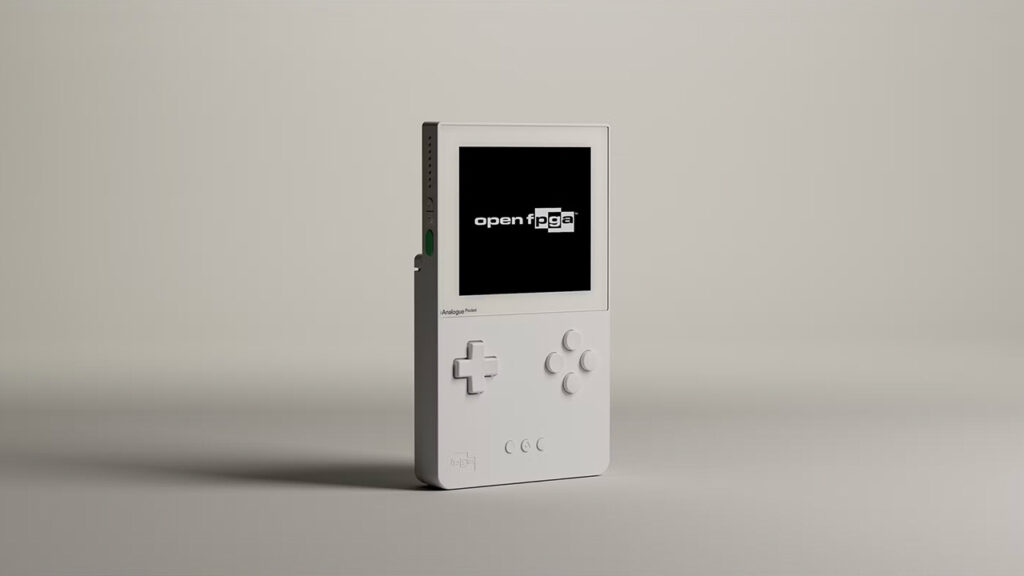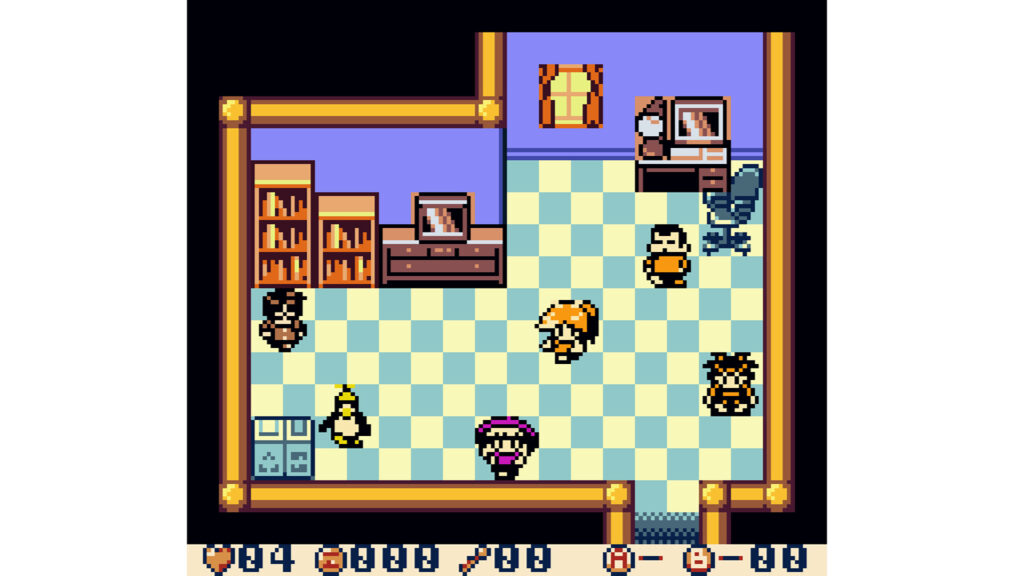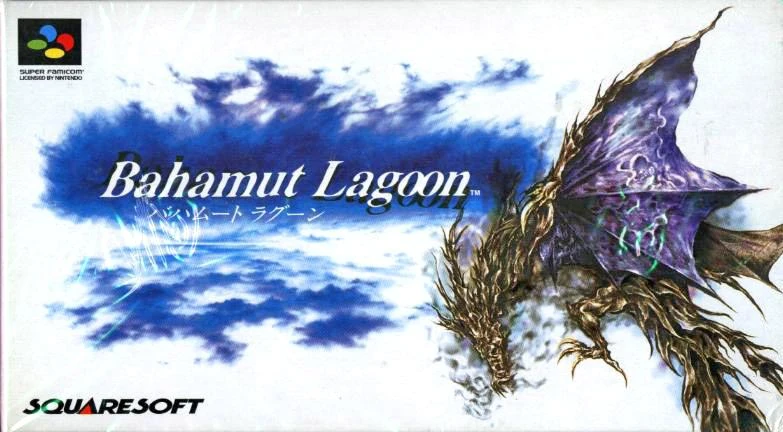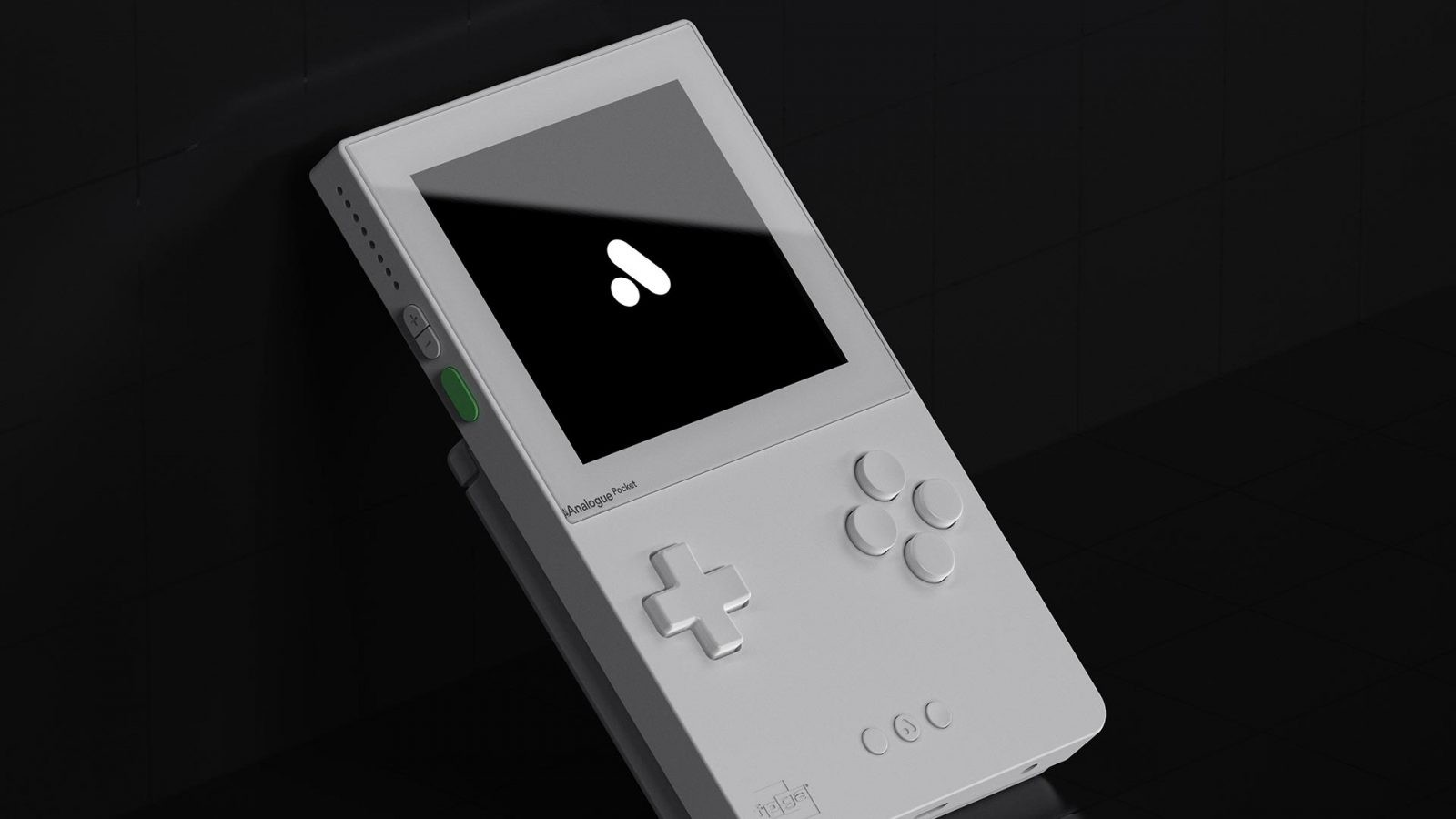Recently, my wife and I went to Iceland. In any situation where I’m traveling by plane, I make sure to also bring at least one handheld to play with. Usually, it’s a Nintendo Switch, but this time I brought along my Analogue Pocket. Over the last few months, I’ve been fooling around with it, specifically the OpenFPGA capabilities. It’s given me the chance to sample older games I wouldn’t be able to play otherwise, but I’ve also had the chance to play some “new” stuff too.

Playing things I couldn’t before
When I was younger, I wasn’t able to get my hands on a Sega Genesis or Super Nintendo. My first home console was a used Nintendo when the Super Nintendo was already in stores. I completely skipped that “generation” only getting into gaming more seriously during the Nintendo 64 and PlayStation era of the late 90s.
I’m not that knowledgeable about emulation, so the Analogue Pocket was my first experience with the concept of playing games not on their native platform. Thankfully though, getting the Pocket set up so you can play older games is actually incredibly easy. There are countless videos and written tutorials on the matter and some of the executables do all the work. These install the necessary “cores” to play all the supported platforms the Pocket can handle. You don’t have to install everything, but doing so is so easy there is no real reason not to.
The “tough” part is getting your hands on the games to play on the emulators. This is a touchy subject, so I’m going to try to avoid it as much as possible. For what it’s worth, I’m all for supporting creators when there are legitimate means to purchase their games. However, if there isn’t a fair and accessible way to do that, other means shouldn’t be frowned upon.

Had Fun with Hime’s Quest
During my flight to Iceland, I played through the entirety of Hime’s Quest, a free game featuring the mascot of the Anime Streaming Service, Crunchyroll. This is an homage to Game Boy Color RPGs of the late ’90s, drawing heavily from Link’s Awakening. This isn’t a difficult game, nor is it very long. Most people should be able to complete it in a couple of hours. I managed to start and finish the game before landing in Iceland.
There are aspects of Hime’s Quest that I wish were a bit better. The length is on the shorter side, so I wish there was a bit more content. It also lacks a “New Game+” or the ability to explore the world after the credits. Although I finished the game, there was one part of the game I never managed to gain access to. There also appear to be some collectibles I missed, so it’s possible there were a few more things to discover that I just never got around to doing.
The “best” part about Hime’s Quest is definitely the low cost of entry. Not only is the game available as a free executable that anyone with access to a Game Boy Color emulator can play, but it’s also available in its entirety as a browser game. This isn’t even the only game released this way in 2023. McDonald’s released Grimace’s Birthday a few months back for free. While it didn’t keep my attention for very long, it still ended up being a nice treat to play on my Pocket.

Those Japanese games we never saw in North America
When I got back into retro portable gaming a few years ago, I spent quite a bit importing Japanese Game Boy, Game Boy Color, and Game Boy Advance games because of their affordability. With my pocket and the ability to play emulated games, I’m now downloading games from older consoles that never were playable in North America.
I’m surprised at how much effort people have put into translating Japanese games into English. There have been a few I’ve downloaded, including Grandia: Parallel Trippers, Bahamut Lagoon, and Mother 3. It’s been a bit tough to find out which Japan-only games have been translated by fans, so it really is me going through retro threads on Reddit or watching YouTube videos to find more.
At GameSpot, one of my final pieces of content for the site was an extensive look at localization. While the process has been improved greatly over the last 10 years, it’s still incredible that so many games from the 80s and 90s have still never been translated for audiences in more regions. I’m hoping that companies like Square-Enix see the benefits of re-releasing their 90s catalog for more people to play.
What’s Next?
With 2023 quickly coming to a close, I have a ton of games I’m playing and want/need to play. I’m still looking at what more I can do with the Analogue Pocket. While I doubt we’ll get more new cores (eg. Neo Geo Pocket) before the end of the year, I do plan on looking at some of the other games I can play on it, even if only to sample them before moving on to something else. I might have been critical of the unit when I finally got it last year, but I’m glad I’ve found meaningful use and hope it stays that way for a very long time.

